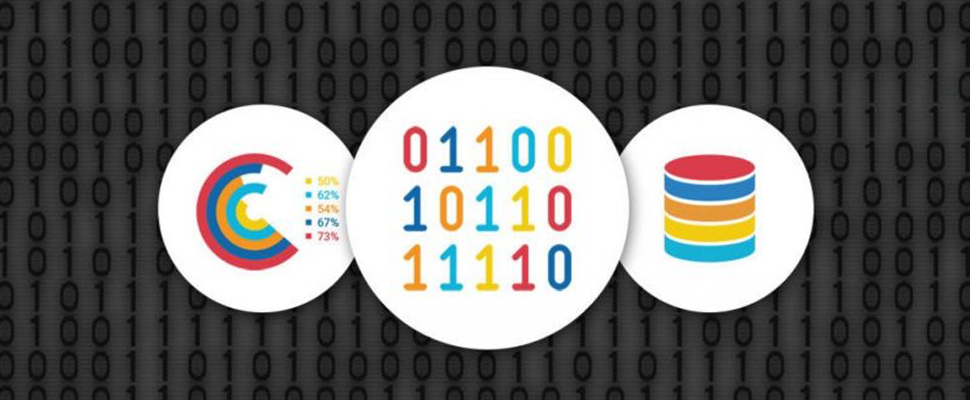Data availability in Latin America
 Data has changed they way we live and the way we understand our past and future
Data has changed they way we live and the way we understand our past and future

Computers changed the world in unprecedented ways, starting with industrial processes and ending with the automatization of the economic system. Computers, indeed, do not work by themselves, they need data. Hence, data is the crucial element to understand not only computers but to capture small pieces of reality. For many people, the XXI century has become the era of data.
Moreover, data has offered outstanding solutions amid global financial system. To define what the term data means would be very ambitious; nonetheless, the term data simply means everything, from a regular demographic census to economical rates and even customer’s purchase preferences. Therefore, as the world enters the digital era, the concept of data can refer to any information that helps us track and conceptualize specific scenarios. In other words, data is crucial for three things. The first deals with recording events, the second with the ability to store and transform that IGNORE INTO knowledge and finally it is a critical element in forecasting trends and outlooks.
In general, data has helped societies to understand their past and make decisions for their future. Since data comprehends several steps of the political decision-making processes as well as those in academia and economy, data has inevitably become a source of power. Either political, social or ideological, data has influenced human history.
In the Latin American region data has not signified a big deal in regional political disagreements. Perhaps, this is because there is a data scarcity. There are multiple hypotheses about why the region has a lack of data. For instance, aside from INEGI in Mexico and IBGE in Brazil economic data, demographics census, social indexes, and other quantitative measures are quite hard to access in the rest of the countries. Foreign Business intelligence units have some access to specific data, but if Latin America wants to achieve developments in democracy and political economy, it is essential that data becomes a priority.
Accessibility is not the only concern, in fact, it is necessary to study it, analyze it and bring practical questions to the regional agenda. There are several research centers and civil society organizations that have attempted to take data seriously. For instance, in Mexico, ETHOS, COMEXI and the IMCO have had outstanding results in using data to promote solutions and to thrive alongside other public and private spheres. In Brazil, the Getulio Vargas Foundation and the CEPS, as well as the Liberty Institute, have boosted advocacy to fight inequality and corruption.
Despite the cases mentioned in Brazil and Mexico, the issue is also when studying smaller countries or cities within countries. The most common challenges have a connection with how local governments work in Latin America. Unemployment and poverty are usual topics in presidential debates. Nonetheless, if one aims to look at unemployment in small cities and rural zones, the information becomes either hard to access or does not even exist. National governments tend to provide significant numbers about poverty reduction, but those numbers seem dim when there is the attempt to study small towns.
For instance, having reliable data of the people who have access to a formal job in small cities in Honduras or Bolivia has been a challenge for international organizations. Even the United Nations Commission for Latin America and the Caribbean does not posses a complete picture of the primary economic parameters in most countries. What seems relevant to stress is that policy-makers and other actors who attempt to reduce poverty, unemployment, and inequality in the region first must solve local data unavailability before even thinking about addressing more significant socioeconomic issues. Overall, data is at the core of policy-making processes that are fundamental to overcome Latin American most significant concerns.
Latin American Post | Alberto Ugarte
Copy edited by Susana Cicchetto

 Data has changed they way we live and the way we understand our past and future
Data has changed they way we live and the way we understand our past and future



